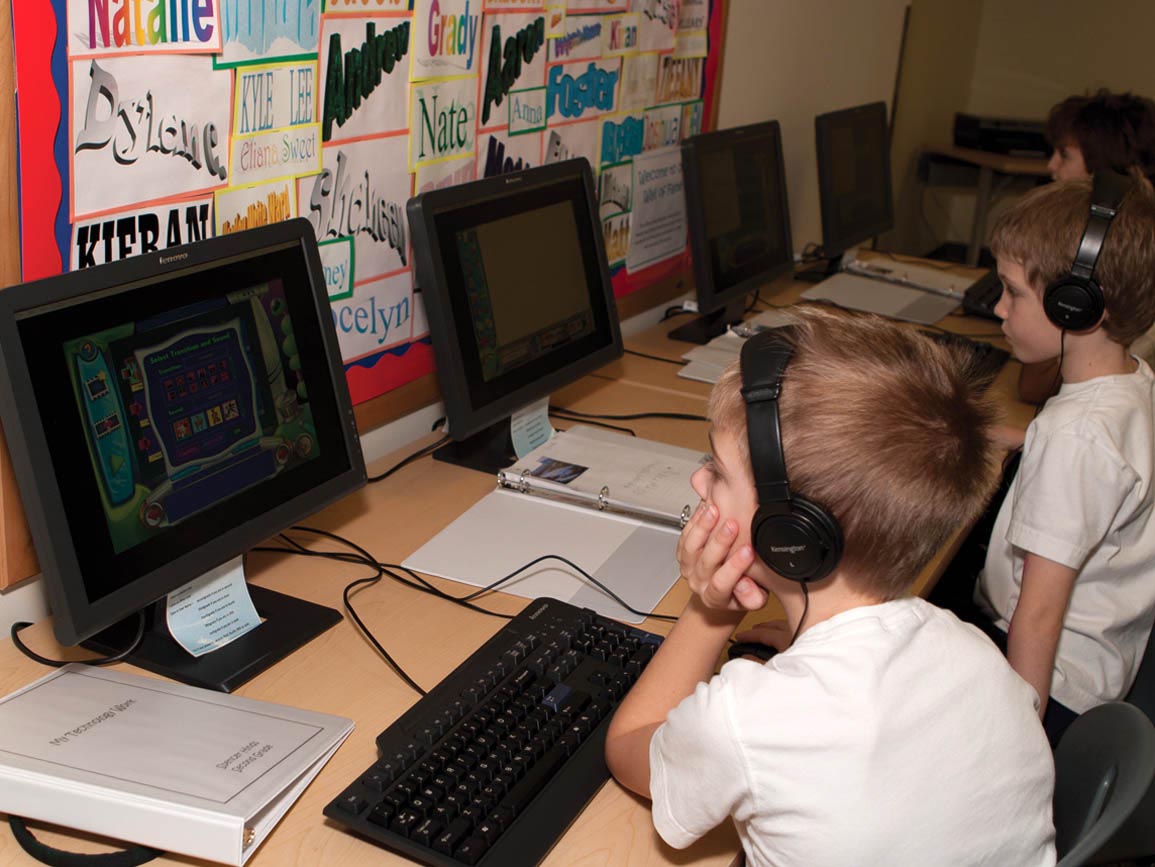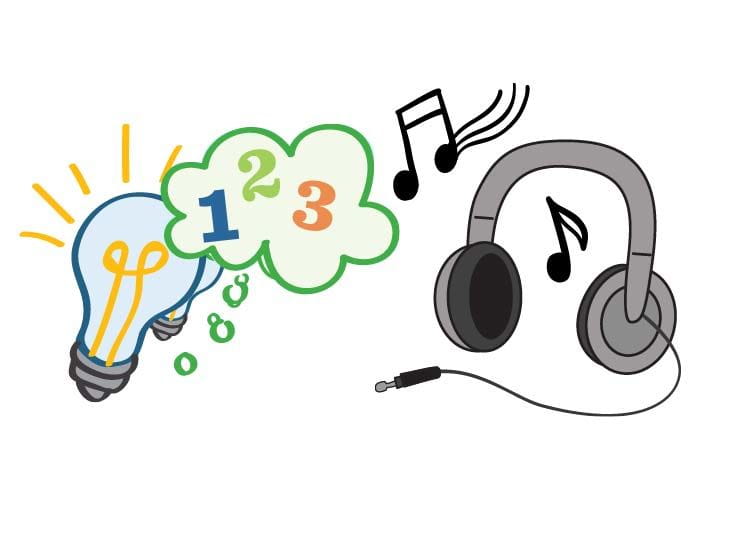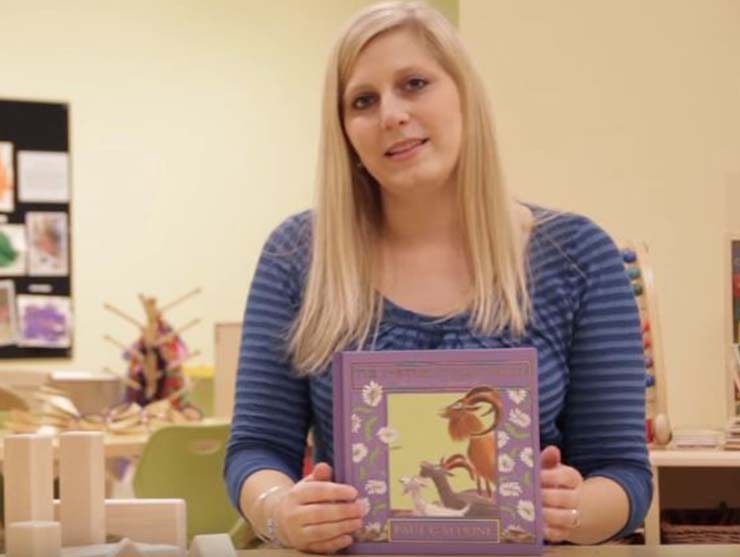As parents, we hear a lot about science, technology, engineering and math topics (STEM) and the importance of introducing them early on. But for some of us, knowing how to do that can be confusing. The good news is, science-related topics present themselves constantly in everyday life and often come up through a child's natural sense of curiosity. Questions like “Why does it snow in the winter?” or “Where does the water go after it rains?” can spark STEM subject related conversations and investigations. And for parents who want to introduce their children more proactively to STEM topics to help jumpstart their critical thinking development, you’ll find numerous resources and STEM activities right in your neighborhood.
Where to Go to Help Children Learn STEM Topics
The Library. Libraries often offer free classes on STEM-related topics for school-age children. Check with your local library for classes, such as LEGO Story Starter or robotics. These classes are typically offered during the summer or over breaks. Most are free, although they often require pre-registration. Don't forget to visit your library's juvenile non-fiction section for books on STEM topics. You'll find activity books as well as books that introduce concepts. Both have value for your child.
Local Colleges and Universities. Colleges and universities often offer STEM classes for elementary-age children. These courses are usually of very high quality because they are taught by science students who have access to advanced equipment and materials. Additionally, these classes are a great way for children to meet (and be inspired by) future scientists.
Schools. Check with your child's school for information on after-school STEM learning programs. If your school doesn’t offer any programs, consider volunteering to help start one. You can also contact STEM charter schools, which sometimes offer programs to the public.
Museums. Children’s museums, science museums, and natural history museums often offer engaging, hands-on STEM activities for children. Additionally, many museums offer workshops or ongoing classes. These classes, while not free, usually offer a lot of bang for your buck, and members typically qualify for a discount. As part of your membership, you may also receive free admission to museums throughout the country.
The Community. Don’t forget community resources, such as local recreation centers, non-profit organizations, or even private companies. Recreation centers generally offer classes after school and during school breaks on a variety of STEM-related topics. Nonprofit organizations, like 4-H, offer low-cost classes on a variety of subjects. Private companies tend to have more specialized offerings, such as classes on robotics, loose parts, simple machines, or woodworking. Facebook groups, especially those aimed at local homeschoolers, can offer a wealth of information on happenings in your area.
Your Own Home. Bringing STEM learning home isn’t as difficult as you may think. Numerous websites - PBS Learning Media, BrainPOP, and Discovery Kids, to name a few - offer STEM videos and activities. Gather simple supplies and educational toys (e.g., building bricks, a magnifying glass or microscope, and basic science materials), find a couple STEM activity books at the library, and you're off and running. A few books we like include Loose Parts by Lisa Daly; The Curious Kid’s Science Book by Asia Citro; and The Kids’ Book of Simple Machines by Kelly Doudna.
Start small and let your child’s interests guide you. Don’t be afraid to meander from one concept to another, a natural part of the investigation process. And find joy in learning with your child. The world is a big, exciting place just waiting for you and your child to explore.
- Science fairs can get a bad rap - here are a few reasons that kids should participate in their school's STEM fair.
- Find age-appropriate STEM activities for preschool children.
- Did your child's science fair project turn into a family affair? You're not alone!
- Watch science in action in our preschool and pre-k classrooms: Exploring Ramps, Electricity Discovery, Bubble Exploration, Bear Cave Building, Glue Investigation, and more classroom activity videos.





